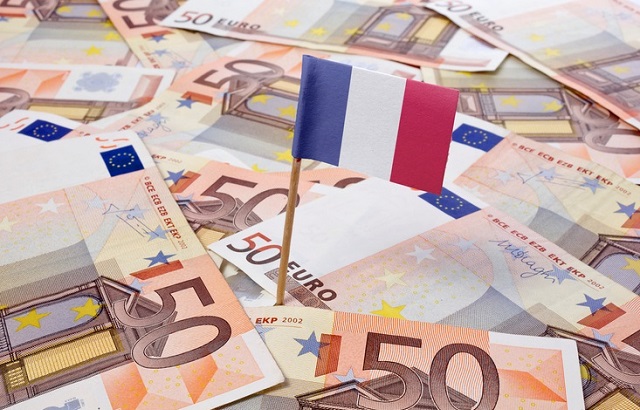Swiss banking group UBS sees “significant flaws” in the French judges’ decision to find it guilty of aggravated money laundering and illegal bank soliciting.
The Zurich-based bank was hit with a €4.5bn (£3.9bn, $5.1bn) fine, which it is appealing. It includes a €3.7bn penalty for UBS AG, a €15m fine against UBS (France) and civil damages worth €800m.
It said: “The conviction is not supported by any concrete evidence. In addition, following a detailed review of the judgement, it is clear that the decision contains significant flaws that will need to be addressed by the Court of Appeals.”
UBS feels that the “judgement is extremely superficial, inconsistent and contradictory”, as it does “not address the vast majority of legal and factual arguments” made by the bank.
The decision said that “it is true that none of the UBS customers heard during the investigation stated that they had been approached in France by a Swiss client adviser, or even met a Swiss client adviser on the national territory.”
But UBS says, “the judgement completely discounts this fact, simply implying that all of these customers are not credible without providing any proof to that effect”.
Concealing assets and tax fraud charges
Between 2004 and 2012, it is accused of illegally concealing assets worth €10bn in Switzerland on behalf of French clients.
The bank said the charges were around three specific types of unpaid taxes (income tax, wealth tax and corporate tax).
UBS said its argument that “consistent proof that only these three types of taxes were being considered for both a conviction and the calculation of any penalty needed to be provided” was “not addressed in the legal reasoning or the calculation of the penalty”.
The bank is also unhappy with the judges’ use of Article 755 of the French General Tax Code to conclude the bank’s clients had committed tax fraud.
It said: “Article 755 took effect on 1 January 2013, well after the period covered by the charges (2004 to 2012).
“In addition, Article 755 only applies to the inheritance and gift tax (droits de mutation à titre gratuit) which was not covered by the charges”.
The issues surrounding meeting clients
The case is reportedly based on accusations that UBS sent employees to solicit wealthy executives and athletes at sport or music events in France, urging them to place their money in Switzerland.
The French judges’ decision said there are exceptions allowing certain meetings with French clients on French soil, which include situations, for example, where existing clients are being met or for simple marketing events.
But the bank refutes this argument: “The judgement then goes on to state that it does not need to address these exceptions, as they do not apply to UBS, because the bank is not allowed to solicit on French soil.
“While the bank has always contested any illicit solicitation, this argument by the court is contradictory.”
Contradiction claim on the calculation of the fine
The bank is also unhappy with the calculation of the fine which it claims is “contradictory” and it “strongly contests”.
“The verdict initially argues correctly that the basis for the calculation of a fine in such matters must be the proceeds of tax evasion, which it explicitly defines as ‘the tax under the law, which was not paid,’” UBS said.
“However, two paragraphs later in the judgement, the fine is then incorrectly calculated based on the total regularised assets (€3.7bn) as opposed to only the taxes which should have been paid on those assets, representing a fraction of the total amount.”
It also disagrees with the calculation and the justification that it should pay €800m in civil damages to the state.
The damages are “extremely difficult to substantiate, yet the judgement simply states in three short paragraphs that they exist without detailing how or where they have come about”.








